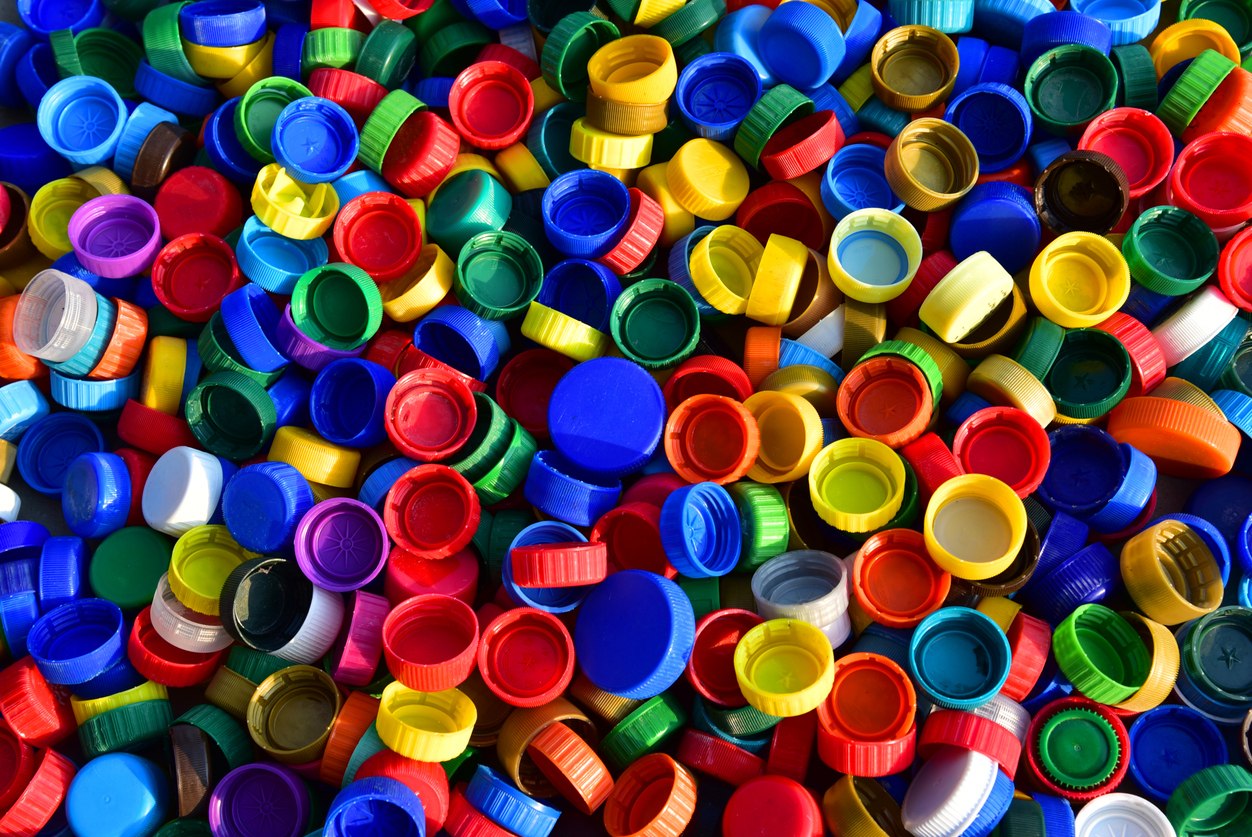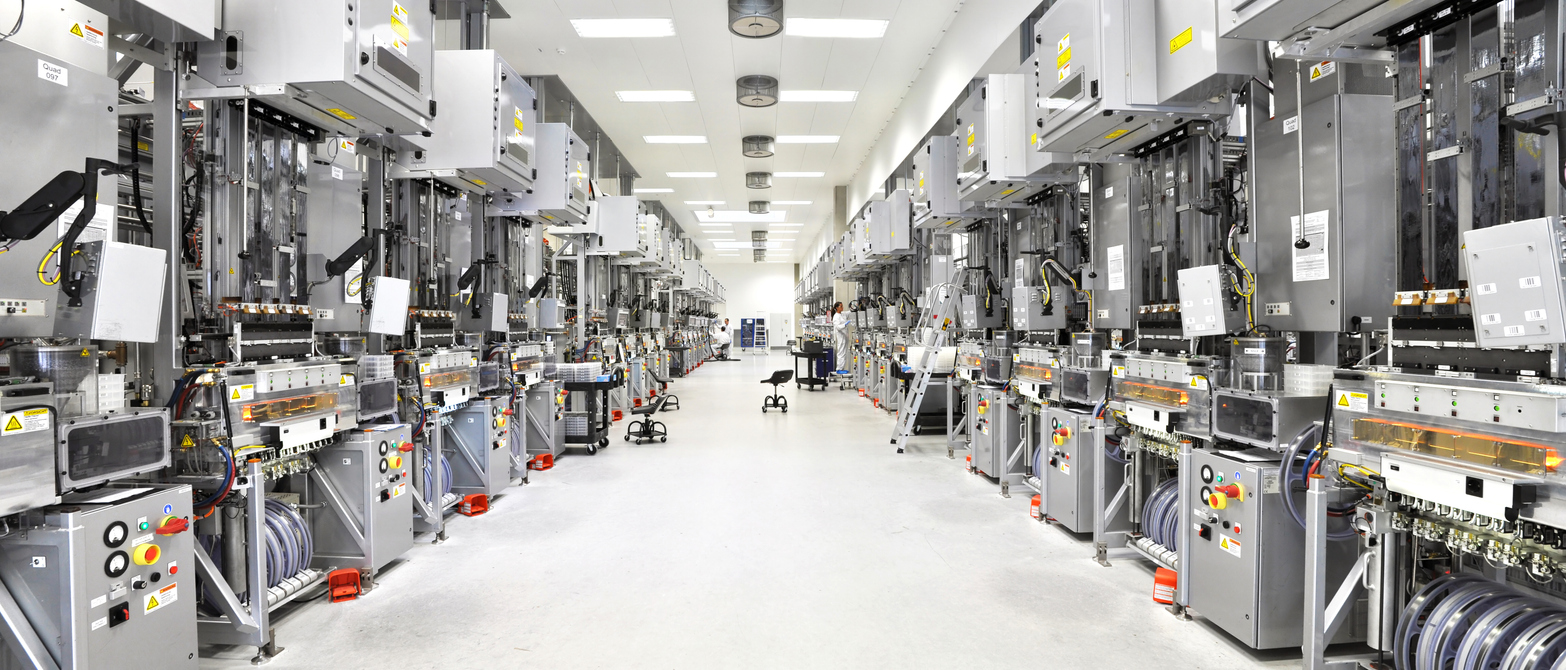Introduction to eProcurement in Maritime Nigeria
eProcurement, or electronic procurement, refers to the use of digital platforms and technologies to manage procurement processes—ranging from sourcing and purchasing to payment and contract management. In the Nigerian maritime sector, eProcurement is increasingly being recognized as a key tool to improve transparency, efficiency, and service delivery in port operations, ship supply chains, and public maritime institutions.
Key Applications in the Nigerian Maritime Sector
1. Port Operations and Management
-
Nigerian Ports Authority (NPA) has begun implementing eProcurement to streamline vendor registration, bidding, and contract award processes.
-
Digital systems help reduce paperwork, speed up approvals, and eliminate corruption in procurement of port services, maintenance, equipment, and infrastructure development.
2. Ship Chandling and Vessel Supply
-
eProcurement platforms are now used to source marine supplies, bunker fuel, safety equipment, and provisions, allowing vessel owners to submit requisitions, compare quotes, and issue purchase orders online.
-
This is especially relevant to suppliers servicing ships at Apapa, Tin Can, Onne, and Warri ports.
3. Government and Regulatory Agencies
-
Agencies such as NIMASA and NIWA are integrating eProcurement into their procurement processes to improve accountability and meet compliance requirements under Nigeria’s Public Procurement Act.
-
Platforms like the Bureau of Public Procurement (BPP)’s e-portal are now mandatory for federal government maritime contracts.
Benefits of eProcurement in Maritime Nigeria
-
Increased Transparency: Reduces fraud and favoritism by ensuring all bidders have equal access to opportunities.
-
Cost Efficiency: Cuts administrative costs and enhances price competition among suppliers.
-
Faster Processing: Automates approvals, reducing delays in procurement timelines.
-
Better Compliance: Facilitates adherence to procurement laws and auditing standards.
-
Improved Supplier Management: Centralized data helps monitor supplier performance and compliance.
Challenges Facing eProcurement Implementation
-
Low Digital Adoption: Some maritime agencies and vendors still rely on manual systems.
-
Infrastructure Gaps: Limited access to stable internet, especially in remote port locations.
-
Resistance to Change: Internal bureaucracy and lack of digital literacy can hinder full transition.
-
Cybersecurity Risks: Increased exposure to data breaches without robust IT security systems.
Examples of Ongoing Efforts
-
NPA’s e-Call-Up System (though primarily for truck management) reflects broader digitization trends, including logistics and cargo handling.
-
Private operators in the offshore supply, vessel repair, and freight forwarding sectors are adopting ERP and eTendering tools to win contracts with IOCs and major shippers.
Conclusion and Outlook
eProcurement is reshaping how the Nigerian maritime industry operates, driving improvements in transparency, cost control, and service delivery. While adoption is still uneven across public and private actors, the trend is clearly toward a digitally enabled procurement ecosystem. Stakeholders—especially shipping companies, suppliers, and government agencies—must invest in infrastructure, training, and cybersecurity to maximize its benefits.








Comments are closed.